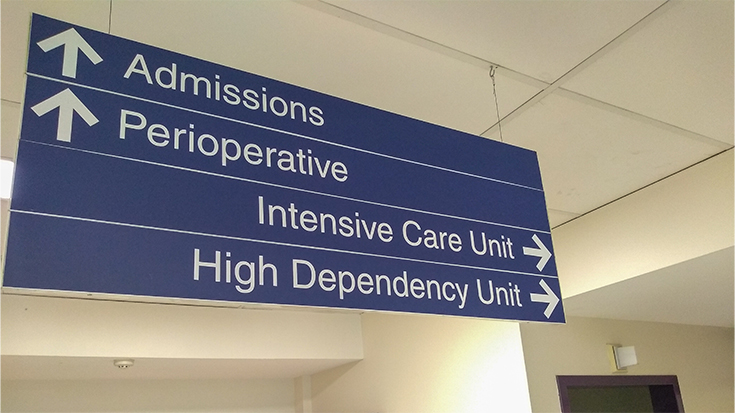
An evidence-based home COPD Disease Management Program centered in New Jersey and administered by a respiratory therapist significantly reduced COPD readmissions in a study published in the June issue of the AARC’s science journal, Respiratory Care.
Monica Truumees, BS, RRT, RRT-NPS, a co-author on the study who helped to develop the program for AtHome Medical, a wholly owned subsidiary of the Atlantic Health System, offers a little background on the initiative and what it involves.
“AtHome Medical respiratory therapists started seeing COPD patients in the home post-discharge over five years ago,” she explained. The value of sending an RT in the home became apparent, and the program grew quickly.
“Having the RT review post-discharge medications, the COPD Action plan, and CAT scores enabled the patients to understand and manage their symptoms,” continued Truumees. “This resulted in a significant decrease in the readmission rates.”
Numbers tell the story
The study involved 1,093 patients in the Atlantic Health System, 658 in the pre-intervention cohort and 435 in the post-intervention cohort.
In addition to reviewing medications, the COPD Action Plan, and CAT scores with patients, respiratory therapists who visited patients in their homes during the post-intervention period delivered smoking cessation services, referred patients to pulmonary rehabilitation, and ensured appropriate follow-up.
RTs also worked closely with the patient’s pulmonologist to overcome any barriers that might be keeping the patient from managing their COPD at home. Furthermore, most patients received three home visits from their respiratory therapist over a four-week period, but they could qualify for additional visits as well if those visits were deemed necessary.
At 30 days post-discharge, readmissions were 22.3% in the pre-intervention group vs. 12.2% in the post-intervention group. Similar results were seen in 60-day readmissions and 90-day all cause readmissions as well, with readmissions in the pre- and post-intervention groups coming in at 33.9% vs. 12% and 43.5% vs. 13.1%, respectively.
That translates to a 10.1% absolute reduction in 30-day readmissions, a 21.9% reduction in 60-day readmissions, and a 30.7% reduction in 90-day readmissions.
The findings held true even after they were adjusted to take age, gender, race, ethnicity, and smoking status into account.
Cost-effective strategy
The authors note that while some COPD readmissions cannot be avoided due to the progression of the disease, many are simply the result of poor coordination between hospital and home.
They believe their study shows a COPD Disease Management Program involving respiratory therapists that can help improve that coordination and keep patients from returning to the hospital so soon after discharge.
“This home health strategy was cost-effective for payers and not cost prohibitive for our health care system, which contributed significantly to the success in reducing COPD hospital readmissions,” concluded the investigators. “Intervention at home can be easily incorporated into hospital discharge plans while simultaneously not being overbearing for patients, families, or providers.”
Monica Truumees says the program is still going strong today and is even growing in scope. “We continue to see COPD patients in the home and have expanded to see pneumonia patients post-discharge,” she said. “The RT is an asset post-discharge, as all respiratory issues can be addressed.” Read the Full Paper
Email newsroom@aarc.org with questions or comments, we’d love to hear from you.














